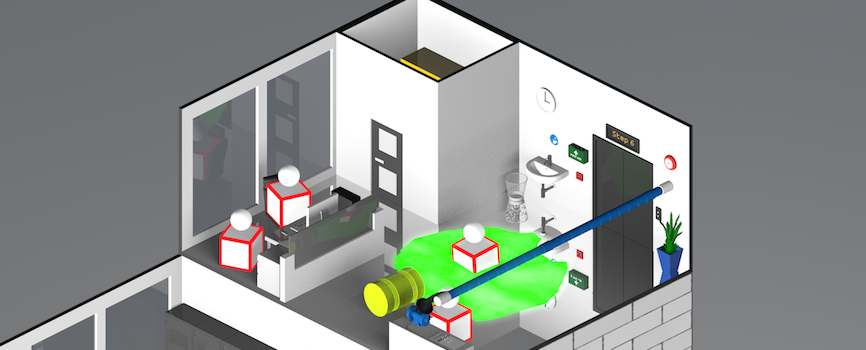What is the Licensing Act 2003?
Posted 6 years ago

The Licensing Act is an extensive act that “makes provisions about the sale and supply of alcohol, the provision of entertainment and the provision of late-night refreshment”. As well as “offences relating to alcohol and for connected purposes.”
The Act establishes a set of guidelines for licensed premises which are used for the above. Responsibility for issuing licenses now rests with local authorities who took over from the Justice of the Peace. The Act effectively sets out the law for the sale and purchase of alcohol in a variety of circumstances.
There are four objectives set in this Act. All licensed premises will have to show they will/are working with the council to promote these 4 objectives:
- Prevention of Crime and Disorder
- Public Safety
- Prevention of Public Nuisance
- Protection of Children from Harm
There are four licensable activities under the Act:
- The sale by retail of alcohol
- The supply of alcohol by or on behalf of a club to, or to the order of, a member of the club
- The provision of regulated entertainment; and
- The provision of late-night refreshment
Just some examples of places that the Licensing Act covers are:
- Pubs and nightclubs
- Restaurants
- Off licenses
- Cinemas
- Theatres (including amateur dramatics)
- Organisers of temporary events
- Hotels/guest houses/B&Bs
- Places that sell alcohol offering regulated entertainment
- Private members clubs/social clubs
- Businesses offering late-night refreshments
These are four kinds of licenses under the Act:
Personal licenses – allow the holder to sell/authorise the sale of alcohol
Premises licenses – given to a venue itself with conditions to adhere too
Club premises certificates – These are granted to venues where qualifying criteria are met and they sell alcohol. It’s only for private clubs where alcohol is only sold to members.
T.E.Ns – Temporary Event Notice which allows people to sell alcohol on a temporary basis
There are also two exemptions for the act:
- Place of worship – premises such as churches do not require a license for activities that would otherwise be classified as ‘regulated entertainment’ at the church.
- Garden fetes – entertainment at garden fetes or a similar event is not ‘regulated entertainment’ and requires no license.
There are five mandatory Licensing conditions:
- Ban irresponsible promotions
- Provide free drinking water
- Follow an age verification process
- Ensure small measures are available
- Ban the sale of alcohol below the permitted price
As an employer/landlord/business owner if you possess a licence to sell alcohol you have a responsibility to safeguard your licence. You must also ensure that you have the correct licence for the activities being undertaken at the place of work. You should ensure that both you and employees endeavour to meet the four objectives set out in this act (as seen above).
Other relevant legislation
The Environmental Protection Act 1990 and Environment Act 1995
These Acts state that employees who produce, handle or disposes of waste have a responsibility to make sure it’s done properly. This legislation also provides ground for fines and prison sentences to those who don’t abide by these responsibilities.
The Noise Act 1996
This Act provides obligations for local councils to deal with complaints about noise from local licensing premises (and others) like pubs, clubs or bars, e.g. loud music or customers behaviour. If there is anti-social behaviour or violence as a result of these premises, the police are able to get involved.
The Regulatory Reform (Fire Safety) Order 2005
This legislation requires employers to provide fire training for ALL staff by law and to assign a responsible person to ensure training is provided and completed. There should be fire safety measures to prevent fires as well as minimising the risk of injury and loss of life in the case of a fire.
Health and Safety (First-Aid) Regulations 1981
There should be adequate first aid equipment, personnel and facilities on the premises. This includes the need for risk assessments.
The Equality Act 2010
This Act includes the protected characteristics which makes it illegal to treat people differently because of these characteristics and also includes prohibited conduct. It is about acknowledging that everybody has a right to fair and equal treatment, irrespective of these characteristics.
Working in Licensed Premises (Bar Staff) Training
Our training is suitable for anyone working in Licensed Premises where alcohol is sold or served. In this course you will learn about the licensing act, the age verification process, how to prevent incidents on your premises and best working practises.

Ellie Johnson
Head of Production
Related articles



Opt-in to our newsletter
Receive industry news & offers
